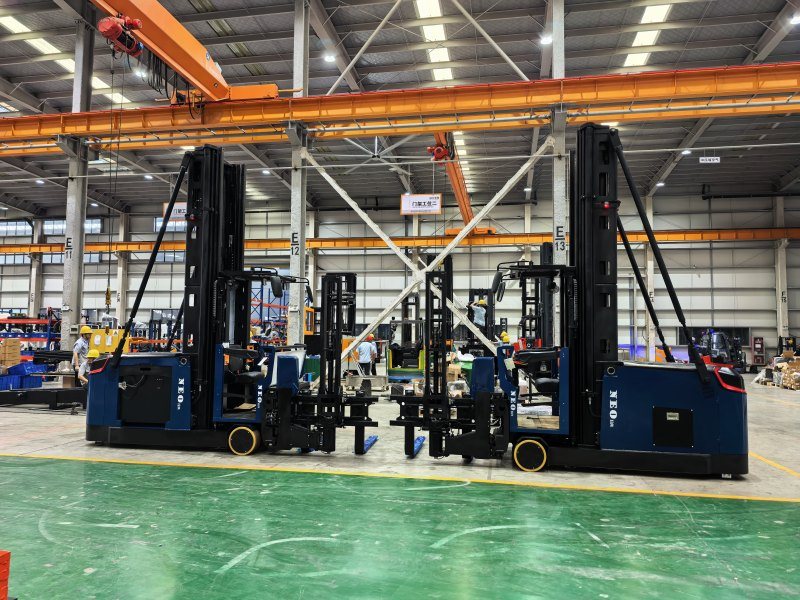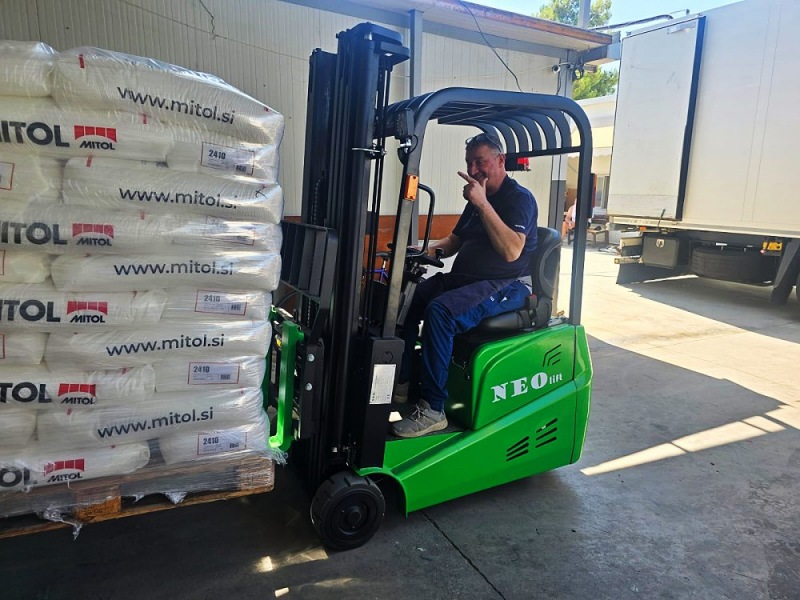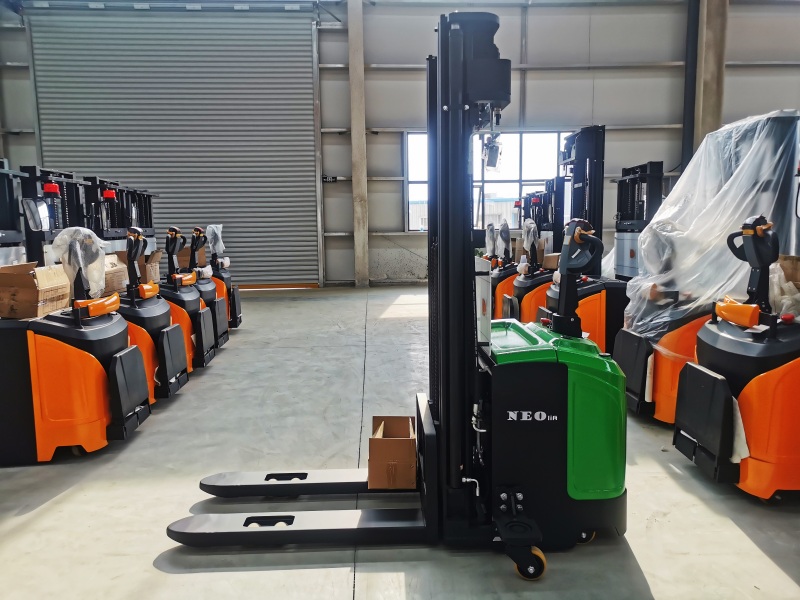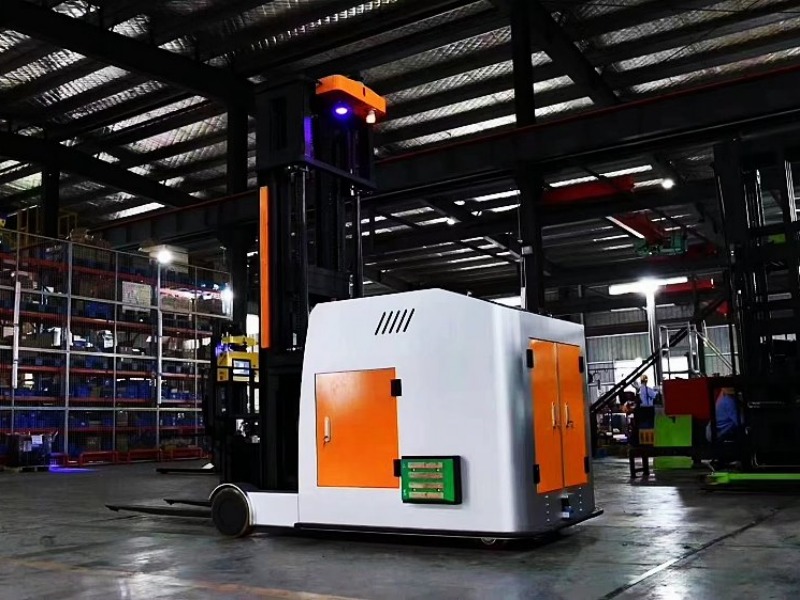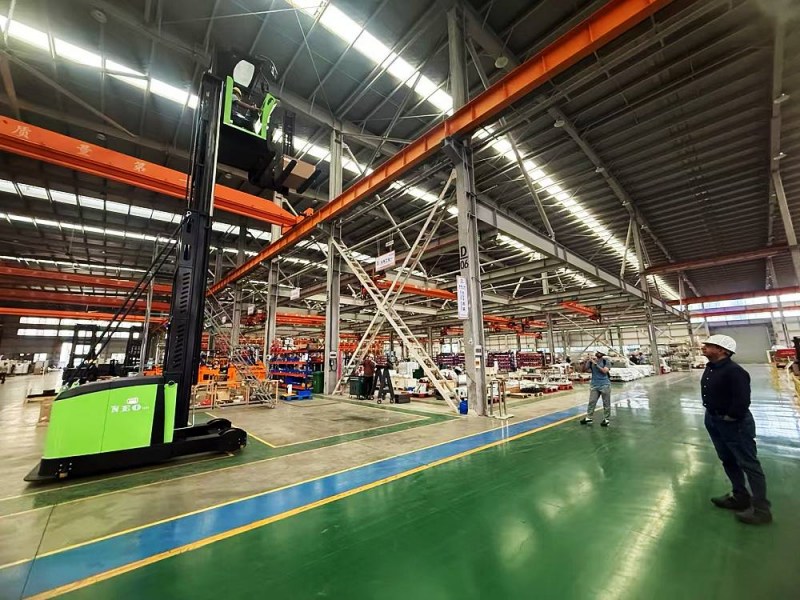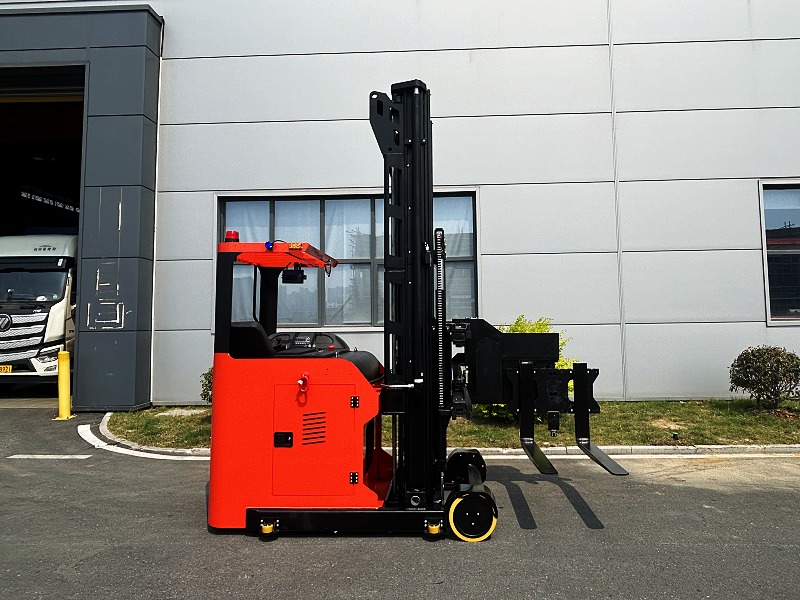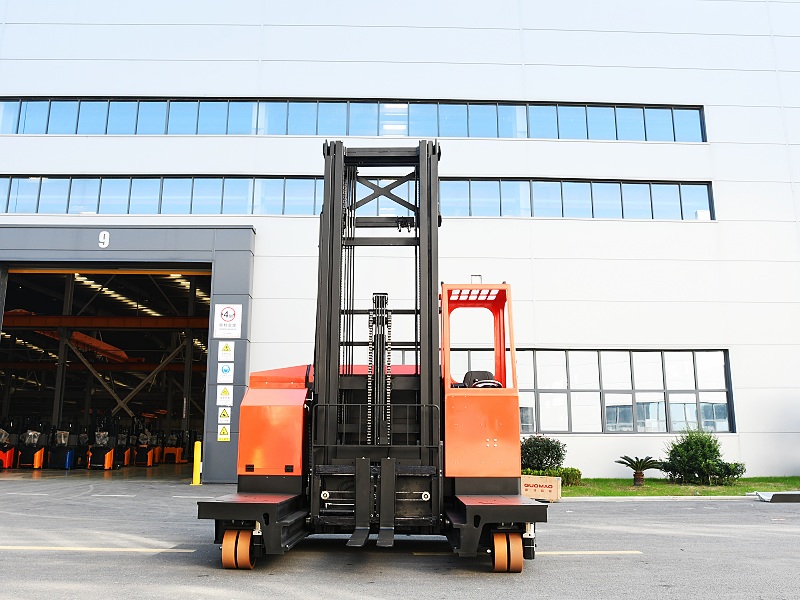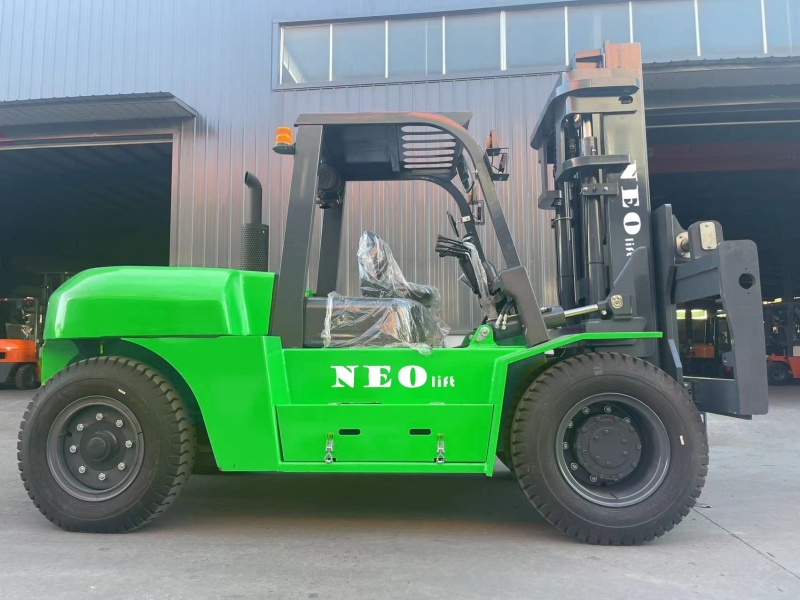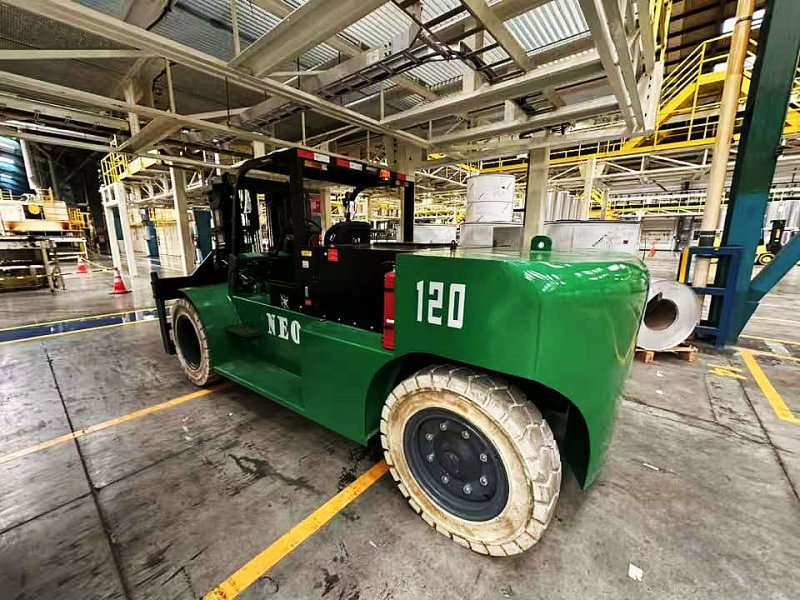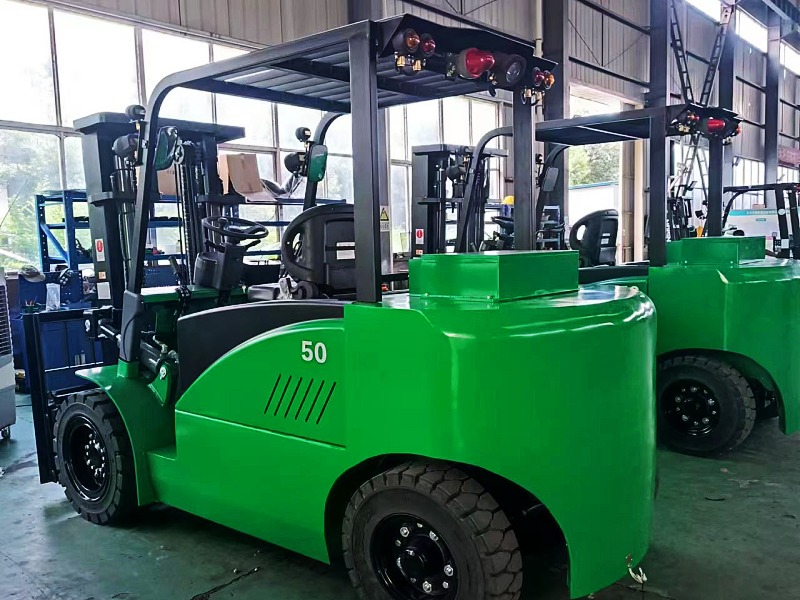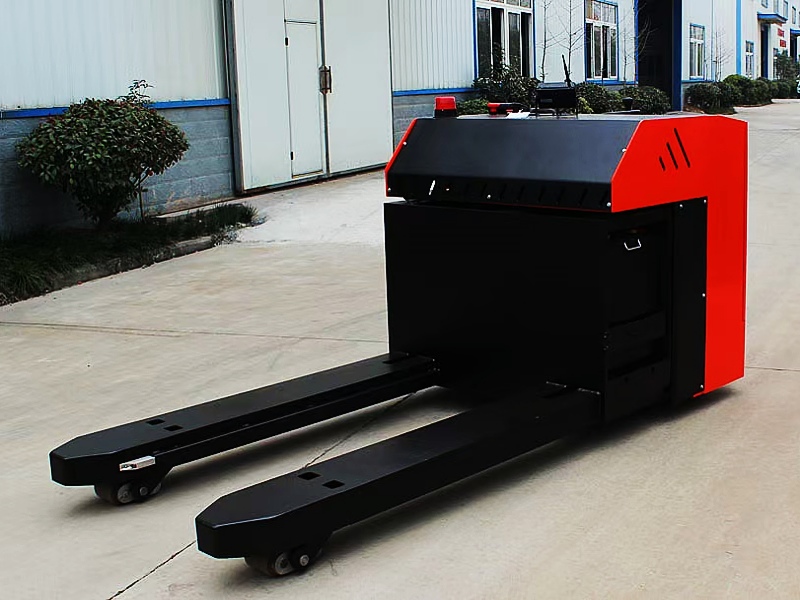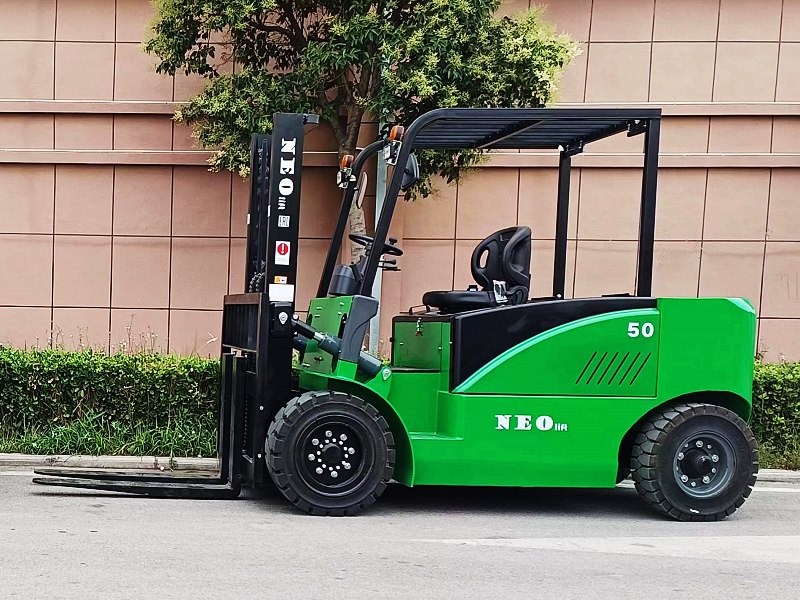Non-standard customized electric transporter: a tool to unlock diverse application scenarios
Feb 13, 2025
In the field of modern production and logistics, electric pallet trucks have become an indispensable transport tool. However, in the face of increasingly diverse application scenarios and personalized needs, standardized electric pallet trucks often cannot meet the needs of all users. At this time, non-standard customized electric pallet trucks came into being and became a powerful tool to solve special transport problems.
I. What is a non-standard customized electric pallet truck?
Non-standard customized electric pallet trucks refer to electric pallet trucks that are personalized and manufactured based on standard models according to the specific needs of users. Compared with standard models, non-standard customized electric pallet trucks have the following advantages:
Stronger adaptability: It can be customized according to specific application scenarios, cargo types, space restrictions and other factors to meet the special needs of users.
Higher efficiency: Optimized design for specific working conditions can improve handling efficiency and reduce operating costs.
Better safety: Equipped with corresponding safety devices according to the actual use environment, it can effectively ensure the safety of operators and equipment.
II. Application scenarios of non-standard customized electric pallet trucks
The application scenarios of non-standard customized electric pallet trucks are very wide. Here are a few typical examples:
Heavy material handling: In industries such as steel, metallurgy, and shipbuilding, it is necessary to carry heavy and large materials, such as steel plates, steel coils, castings, etc. Non-standard customized electric pallet trucks can be customized with large tonnage and large size according to the weight and size of the materials, and equipped with corresponding accessories, such as C-type hooks, coil clamps, etc., to meet the handling needs of heavy materials.
Narrow space operation: In places with limited space such as warehouses and workshops, standard electric pallet trucks may be difficult to operate flexibly. Non-standard customized electric pallet trucks can be customized with compact bodies, low-profile gantry, etc. according to space limitations, and equipped with omnidirectional steering systems to achieve flexible shuttle and precise positioning.
Special environment operation: In special environments such as cold storage, clean rooms, and explosion-proof workshops, there are special requirements for the material, performance, safety, etc. of electric pallet trucks. Non-standard customized electric pallet trucks can be made of stainless steel, explosion-proof design, low-temperature batteries, etc. to meet the operation needs of special environments.
Automated handling: With the development of intelligent manufacturing, more and more companies are beginning to adopt automated handling systems. Non-standard customized electric pallet trucks can be integrated with automated equipment such as AGV and RGV to achieve unmanned and intelligent handling, and improve production efficiency and logistics management.
III. How to choose a non-standard customized electric pallet truck?
The following factors need to be considered when choosing a non-standard customized electric pallet truck:
Application scenario: Clarify the use environment, cargo type, handling distance, operation frequency, etc. of the pallet truck.
Functional requirements: Determine the functions that the pallet truck needs to have, such as load capacity, lifting height, driving speed, climbing ability, etc.
Safety requirements: According to the actual use environment, select the corresponding safety devices, such as anti-collision devices, emergency power-off switches, sound and light alarm devices, etc.
Budget cost: The price of non-standard customized electric pallet trucks is usually higher than that of standard models, and it is necessary to make a reasonable choice based on the budget.
IV. Future Development Trends
With the advancement of Industry 4.0 and intelligent manufacturing, non-standard customized electric pallet trucks will develop in a more intelligent, flexible and green direction:
Intelligent: Integrate sensors, Internet of Things, artificial intelligence and other technologies to realize intelligent perception, autonomous decision-making and collaborative operation of pallet trucks.
Flexible: Adopt modular design, and quickly replace different accessories and working devices according to different application scenarios and user needs.
Green: Adopt new energy technologies, such as hydrogen fuel cells and supercapacitors, to achieve zero-emission, low-noise and high-efficiency green transportation.
V. Conclusion
Non-standard customized electric pallet trucks have become a powerful tool for solving special transportation problems with their strong adaptability and flexibility. I believe that with the continuous advancement of technology and the continuous changes in market demand, non-standard customized electric pallet trucks will be used in more fields, providing more efficient, convenient and safe solutions for the development of the modern logistics industry.
